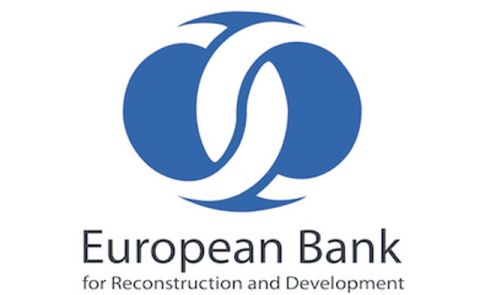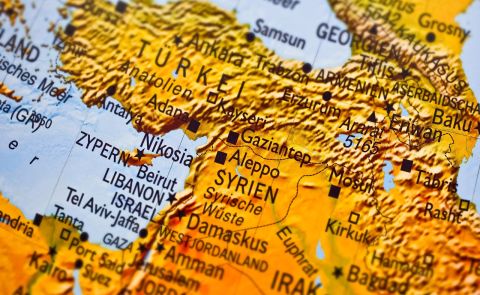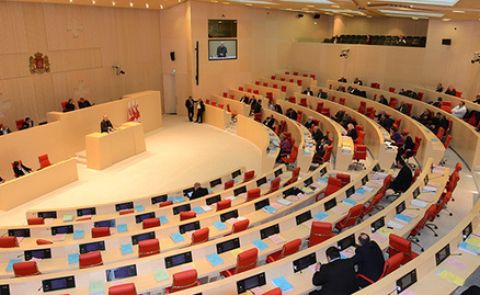
IFC study on women entrepreneurship in Armenia

On 26 March, the International Finance Corporation (IFC), which is a member of the World Bank Group, published its study on women entrepreneurship in Armenia, reported arka.am.
As part of IFC's two-year program—Economic Growth and Economic Empowerment of Women in Armenia—the Women Entrepreneurship study was conducted to identify barriers that women-owned firms face, while also providing recommendations on how to address them. This is critical because women's lagging participation in employment and entrepreneurship represents a misallocation of Armenia's human resource potential, resulting in an estimated loss of economic output that is equivalent to 14% of the country’s gross domestic product (GDP).
The study showed that women entrepreneurs in Armenia seek more bank loans to start a business than their male counterparts. According to the study, around 50% of women-owned businesses use personal or household savings as their main source of funding for starting a business, compared to almost 70% of their male counterparts. Women entrepreneurs tend to use funds from commercial banks (22% compared to 12% of men entrepreneurs). However, collateral—required for bank loans—is a greater challenge for women because of inheritance practices favouring men. Also, with land ownership granted to males as the default head of household, the land privatisation of the 1990s has put women entrepreneurs at a disadvantage. The political instability in the country was also highlighted as a major obstacle, both by female (almost 40%) and male (21,7%) entrepreneurs.
The majority of women (almost 73%) also mentioned that there was a lack of an educated workforce in their field. Nearly all women entrepreneurs acknowledged gaps in business knowledge and skillsets needed to properly conduct entrepreneurial activities. While women entrepreneurs can access services that cover some of these challenges, most of them have yet to take advantage of them. To change that, the study highlighted the need to expand the reach, accessibility, and visibility of these offerings.
Covid-19 and the resulting impact of state restrictions had also a major impact on women entrepreneurship in Armenia. Participants in the qualitative study similarly noted drops in sales, prohibition of activities by the government (particularly restaurants and cafes), and cancellations of partnerships, agreements, reservations, and planned projects. Although most participants were able to maintain staff, several mentioned the need to undertake impact mitigating strategies such as non-paid vacations, reducing wages, and sending staff home to work remotely. Many women entrepreneurs altered their business models, including their selling/distribution channels, client segments, and product range. To comply with government requirements and continue operations, some businesses started integrating online platforms as sales channels and means of communication with clients in addition to starting social media campaigns. The attempts have been successful among businesses operating in the capital city, which includes more financially stable residents and residents who are more tech-friendly and used to making online purchases.
The study recommended: 1) financial resources and investment support, 2) capacity-building support, 3) networking and mentorship support, 4) social attitudes and engaging families in order for Armenia to strengthen women entrepreneurship.
See Also


Pashinyan and Mirzoyan Hold Separate Meetings with European Leaders to Focus on Armenia’s EU Integration, Human Rights Progress, and Regional Developments

Georgian Parliament Speaker Participates in EU Parliamentary Conference, Engages in High-Level Bilateral Talks

Separatist Abkhazia and Syria Discuss Strengthening Academic Ties, Potential Agreement Between Universities

Georgia Announces Legislative Changes Targeting Foreign Nationals in Anti-Government Protests

